(Continued from last week…)
THE NATURE OF WORTHINESS
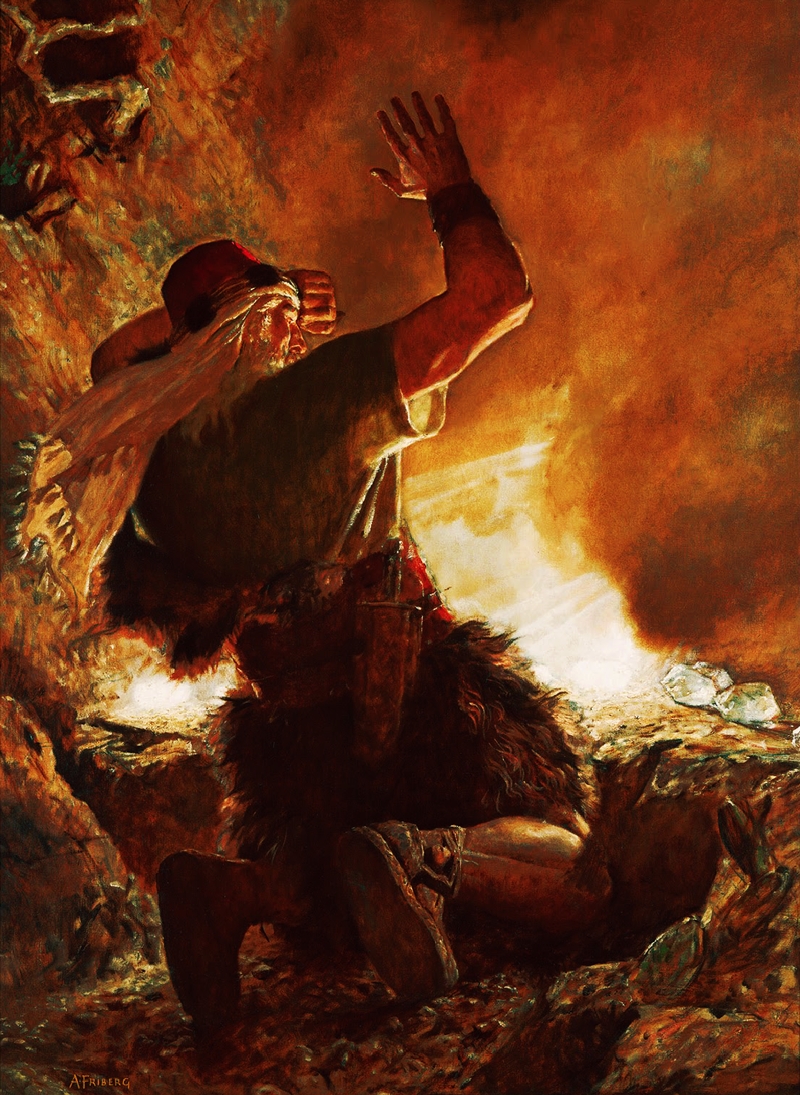 Last week we talked about both the brother of Jared and Alma Sr., and how in their self-assessment, they truly felt unworthy before the Lord.
Last week we talked about both the brother of Jared and Alma Sr., and how in their self-assessment, they truly felt unworthy before the Lord.
And so, I say…let’s be honest! Who really is worthy? “To be worthy” in our current English suggests the idea of “meriting” or “deserving.” I ask you, who really is deserving? Sure, we are considered worthy to enter the temple if we abide by certain requirements, but that’s because God doesn’t require us to be like Him to go there. And there are different levels of worthiness. For instance, one can be considered worthy to take the sacrament, but not worthy to go to the temple. One of the requirements of going to the temple is paying a full tithing, but, to my knowledge, the prophets have never told the Saints to refrain from taking the sacrament if they weren’t full tithe payers. We are also promised that if we keep any commandment, we will be worthy to receive the blessings attached to it. But, deserving of those magnificent, heavenly blessings? Worthy? And what about being worthy to come into the presence of the Lord? Who deserves that? Who has merited that? Who of us is really worthy? The truth is we can be considered worthy because of what the Savior did for us. The prophet Enoch, that powerfully righteous man, praying to the Lord said:
“…thou art God, and I know thee,…thou hast made me, and given unto me a right to thy throne, and not of myself, but through thine own grace” (Moses 7: 59).
Even ‘Zionistic, taken to heaven’ Enoch knew that after all the commandments he could and would keep, after all he could do, it was still by the grace of God that he would be saved and have a place in the heavenly kingdom. We, like Enoch, must recognize our unworthiness before the Lord.
ALMA the YOUNGER
Alma’s son, Alma the younger, who followed in his father’s footsteps, both in rebellion and in conversion became the next prophet of the Church. Years later, after ceaselessly laboring to bring souls to Christ, Alma the Younger praised his missionary son Shiblon for his own steadiness, diligence, and faithfulness to God. Shiblon had been put in chains by the Zoramites and was also stoned by them for preaching the word. Alma the Younger, like an admiring father, praised Shiblon for bearing all these persecutions with so much patience, and faith toward God. You can feel Alma’s great approval and joy towards his son, Shiblon. Then at the end of the father-and-son interview, Alma counseled Shiblon: “Do not say: O God, I thank thee that we are better than our brethren; but rather say: O Lord, forgive my unworthiness, and remember my brethren in mercy—yea, acknowledge your unworthiness before God at all times” (Alma 38: 14). Unworthiness? Shiblon?…the good son?…the one that didn’t go after the harlot!…the one who patiently endured terrible persecution to take the word of God to an apostate people!…Unworthy? Well, according to his father, the prophet, we are all unworthy “before God” and that unworthiness should be acknowledged.
Back to the brother of Jared’s prayer: “O Lord…we know that thou art holy…and that we are unworthy before thee; because of the fall our natures have become evil continually” (Ether 3: 2). Even when we consider ourselves worthy to take the sacrament, or worthy to go to the temple, do we acknowledge our unworthiness before God? The Book of Mormon teaches us that we should.
AMULEK
Amulek knew that he was that little black sheep. He passionately declared without fear to his own people that he was hardened and fallen and lost and must unavoidably perish except it were through the atonement of Jesus Christ, His Lord. (See Alma 34: 9.)
MORMON
Mormon knew that he was that little black sheep. He taught that he was a fallen man, and if it weren’t for Christ, no good thing could have ever come to him. (See Moroni 7: 24.)
ALL MEN
In Doctrine & Covenants 121: 39, we are told that it is the nature and disposition of almost all men, that as soon as they get a little authority, they will immediately begin to exercise unrighteous dominion. Notice—“the nature and disposition of almost all men”! Some time ago, the thought came to me: I wonder what else it is the nature and disposition of almost all men to do? And when the scriptures speak of men in this way, they aren’t just speaking of the males. They are referring to fallen mankind.
The Book of Mormon tells us that the children of men are foolish, and vain, and evil, and devilish, quick to do iniquity, and slow to remember the Lord; quick to be lifted up in pride, quick to boast, false, unsteady, weak, and unstable. (See Helaman 12: 1, 4, 5.) And you know what? I am one of them. When I was serving as a bishop, I openly called myself the “sinner bishop.” But I have Jesus Christ to help me and love me and forgive me and wash me clean if I will but believe in Him, and put my trust in Him, and seek forgiveness to the end of my days.
The apostle Paul wrote to the Corinthians saying that there is no temptation that comes to us, but such as is “common to man.” (See 1 Corinthians 10: 13.) “Common to man”? What does that mean? For me, it means that because of the fall, our mortal natures have become more and more susceptible to evil influences. And there is no temptation or sin that is rare in this world. Millions and millions of people are worked upon by the same temptations. We each deal with a different set of them, but every temptation in every set is shared by a multitude of other people. That’s how I see it. Now, the reality with much of mankind is that they don’t let temptations or sins bother them. Only those awakened to the goodness of God and who are concerned about their standing before Him are tormented by their sins. This is one of the first lessons our hearts need to learn. EVERYONE who is God-fearing, EVERYONE who is God-loving struggles with sin.
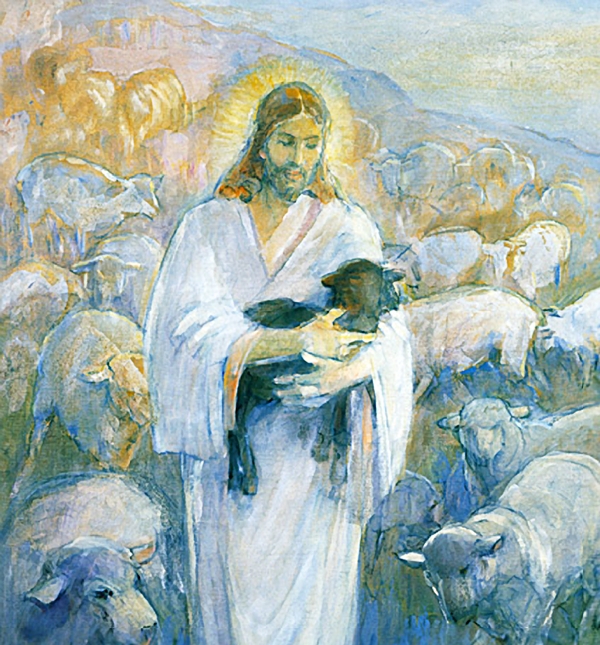 JOSEPH SMITH
JOSEPH SMITH
Joseph Smith said to the Saints: “If you wish to go where God is, you must be like God….Search your hearts, and see if you are like God. I have searched mine, and feel to repent of all my sins” (History of the Church, vol. 4, p. 588). I would venture to declare that close to none of you would have ever even considered that the little black sheep in the painting was Joseph Smith.
The truth is, that little lamb represents every one of us. “Prone to wander, Lord, I feel it; prone to leave the God I love” (Come Thou Fount of Every Blessing).
(to be continued…)





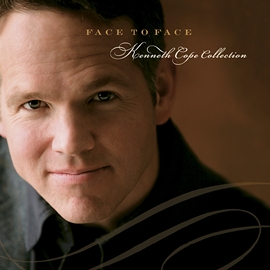


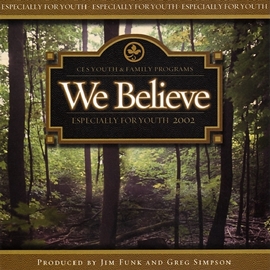

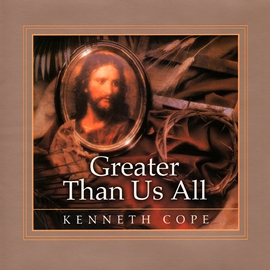

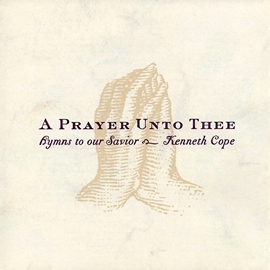


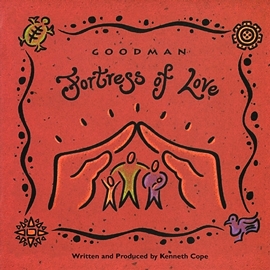

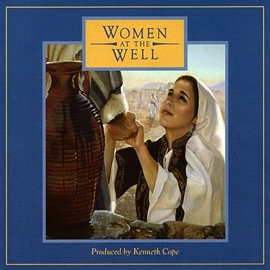
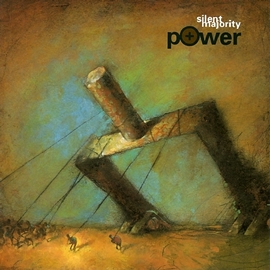












This is awesome! It gives me a great deal to ponder about. Thanks for writing it.
Thanks, Margie! So kind of you. And…thanks for your great example to me! :)
I think the types of talks and messages they put out in General Conference all have something in common – they lack this kind of doctrinal clarity. [just sayin']
A wonderfully articulated message Kenneth!
I’m reminded of the phrase, “There is a God, and I’m not Him”.
And you’re beautiful song “More”, inspires that fierce desire to put Him first, and have Him cover my unworthiness.
Thanks again for the precious thoughts!
Thanks for your kind words to me, Ken. I really am trying to add any kind of goodness, and hope, and Christ-centered teaching I can into this world. :)
I’m sorry that you feel the way you do about General Conference talks, that you’ve not been able to find what your heart longs for there…but your having previously explained to me your current journey and desire for more grace-filled dialogue, I do understand your vantage point. And I truly believe you cherish the Savior, so I whole-heartedly trust He will take care of you as His beloved, and guide you into all truth. It’s what I hope He will do for me. That’s the kind of Shepherd He is…for ALL of us. :)
As for me, If I can lovingly help people experiment on the Lord’s goodness, and point someone to Christ and His amazing gospel, who may be ready for a better way…the Best Way, then that’s how I can add my energy and passion to the Lord’s cause. May we all, who truly adore Him, eventually be brought by Him to a unity of the faith! :)
Looking forward to the “to be continued.” And feeling more comfortable in my black sheep skin. Love you!
You an me both, Andrea! I’m thinking that we have quite a few black sheep in the family. :) Love you too!! SO MUCH!
Hello Kenneth,
Thank you so much for your wonderful words. They have given me a great deal to think on. As I was reading your past couple of posts, I kept thinking about what Elder Jeffery R. Holland taught about charity:
“True charity has been known only once. It is shown perfectly and purely in Christ’s unfailing, ultimate, and atoning love for us….It is that charity—his pure love for us—without which we would be nothing, hopeless, of all men and women most miserable. Truly, those found possessed of the blessings of his love at the last day—the Atonement, the Resurrection, eternal life, eternal promise—surely it shall be well with them….
“Life has its share of fears and failures. Sometimes things fall short. Sometimes people fail us, or economies or businesses or governments fail us. But one thing in time or eternity does not fail us—the pure love of Christ….
“Thus, the miracle of Christ’s charity both saves and changes us. His atoning love saves us from death and hell as well as from carnal, sensual, and devilish behavior. That redeeming love also transforms the soul, lifting it above fallen standards to something far more noble, far more holy. Wherefore, we must ‘cleave unto charity’—Christ’s pure love of us and our determined effort toward pure love of him and all others—for without it we are nothing, and our plan for eternal happiness is utterly wasted. Without the redeeming love of Christ in our lives, all other qualities—even virtuous qualities and exemplary good works—fall short of salvation and joy” (Christ and the New Covenant [1997], 336–37).
We are not perfect. We may fail at making the right choices, doing the right things, but there is one thing that will never fail us, something that we can always rely on-the pure love of Christ. It is through the love of our Savior that we become changed, perfected people, and are able to return back home into the presence of our Father.
Thank you for this, Rachel! It is beautiful. I love Elder Holland’s passion and insight. He is such a great communicator of truth and a powerful witness of our Savior.
Bless YOU, Rachel, for all the good you are helping to bring about in this world. :)